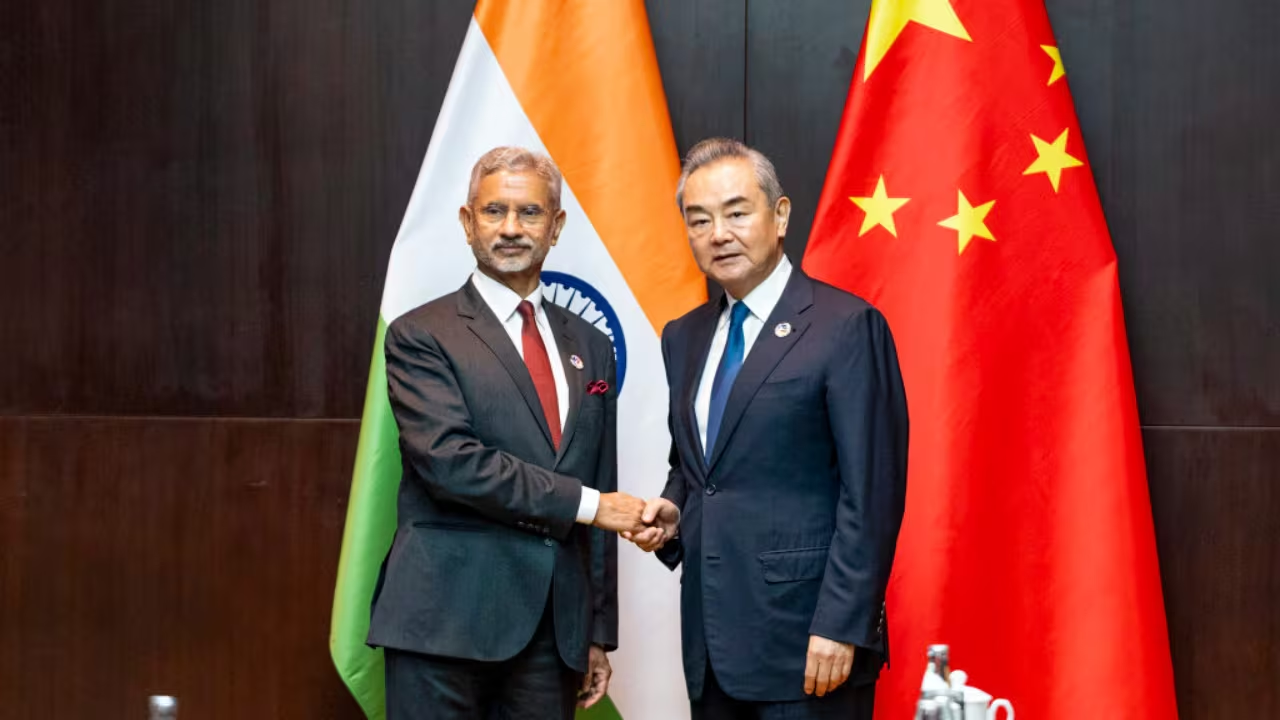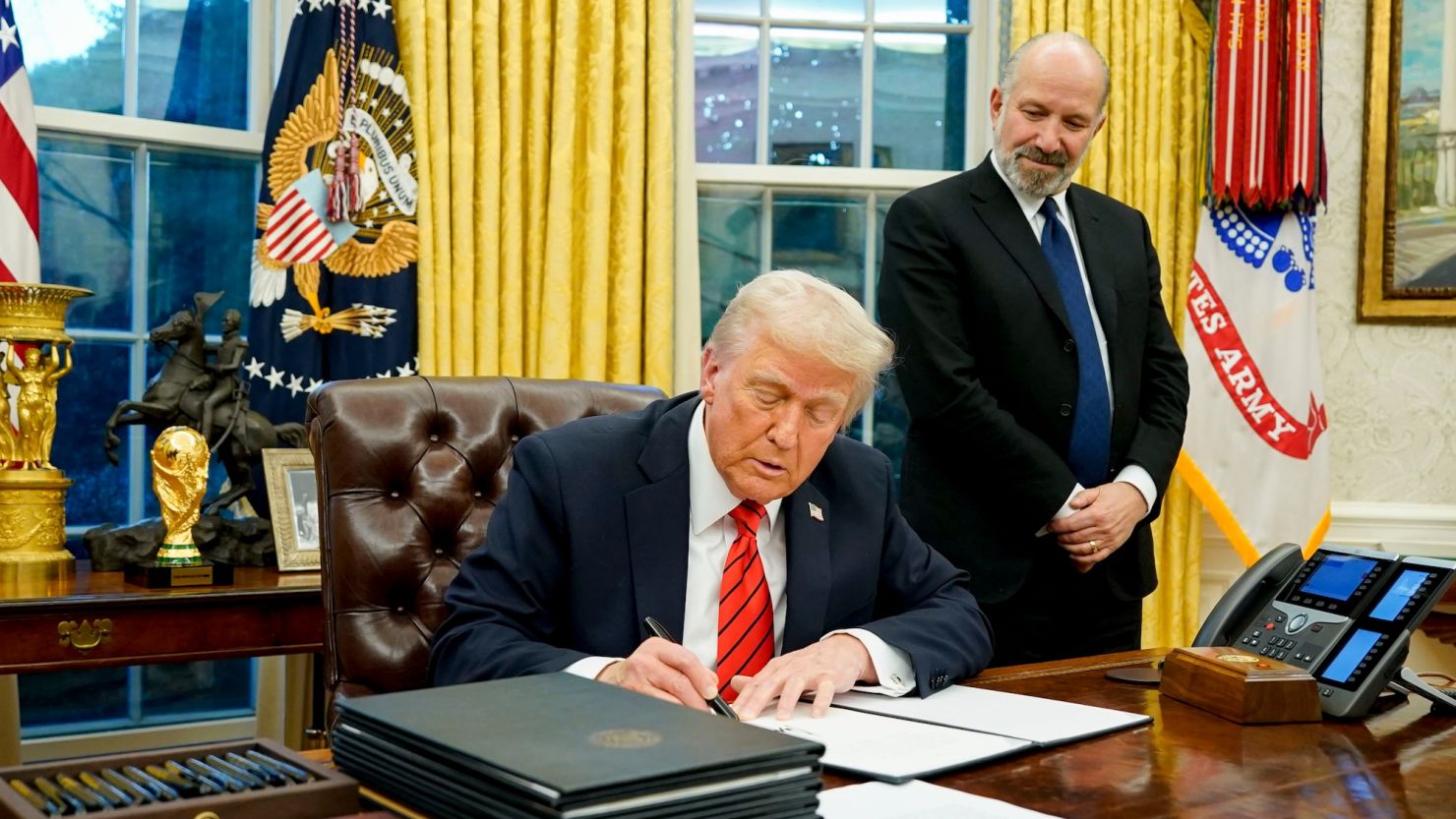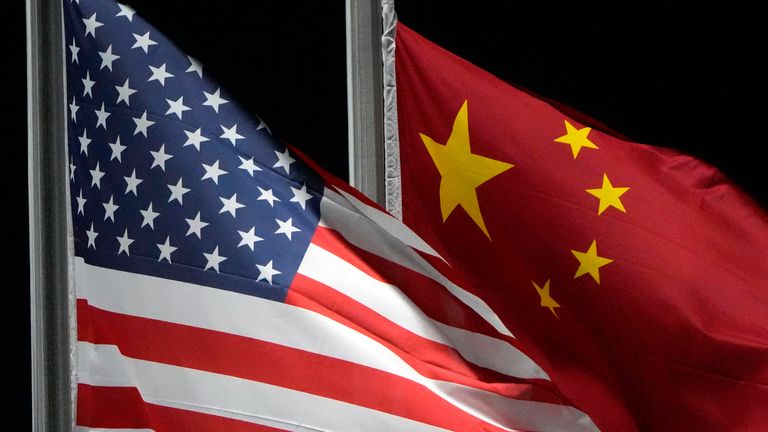Nearly five years after the COVID-19 pandemic and ensuing political tensions led to a suspension, India and China agreed in principle on Monday to resume direct flights between the two countries. The announcement, which came at the end of a visit to Beijing by New Delhi’s top career diplomat, is the latest indication of a thaw in the icy relations between the two most populous countries in the world.
Indian Foreign Ministry Secretary Vikram Misri’s trip to the Chinese capital was one of the most senior official visits since a deadly Himalayan troop clash on their shared border in 2020 that severely strained relations.
A senior envoy’s visit to Beijing resulted in an agreement “in principle to resume direct air services between the two countries,” according to a statement from India’s Foreign Ministry.
According to the Indian media outlet Moneycontrol, there were about 500 monthly direct flights between China and India prior to the pandemic.
The agreement to resume flights was not mentioned in a statement released by China’s Foreign Ministry, which stated that since last year, both nations have been attempting to strengthen their relations.
The Chinese statement stated that “the development and improvement of China-India relations is fully in line with the fundamental interests of the two countries.”
China and India are fierce competitors vying for geopolitical sway over South Asia.
Flights between the two countries were halted in early 2020 with the onset of the pandemic. Services to Hong Kong eventually resumed as the public health crisis receded, but flights to mainland China were not reinstated due to the bitter fallout from the deadly troop clash later that year.
At least 20 Indian and four Chinese soldiers were killed in the skirmish in a remote area along their 3,500-kilometre (2,200-mile) border.
The fallout from the incident saw India clamp down on Chinese companies, preventing them from investing in critical economic sectors, as well as banning hundreds of Chinese gaming and e-commerce apps, including TikTok.




